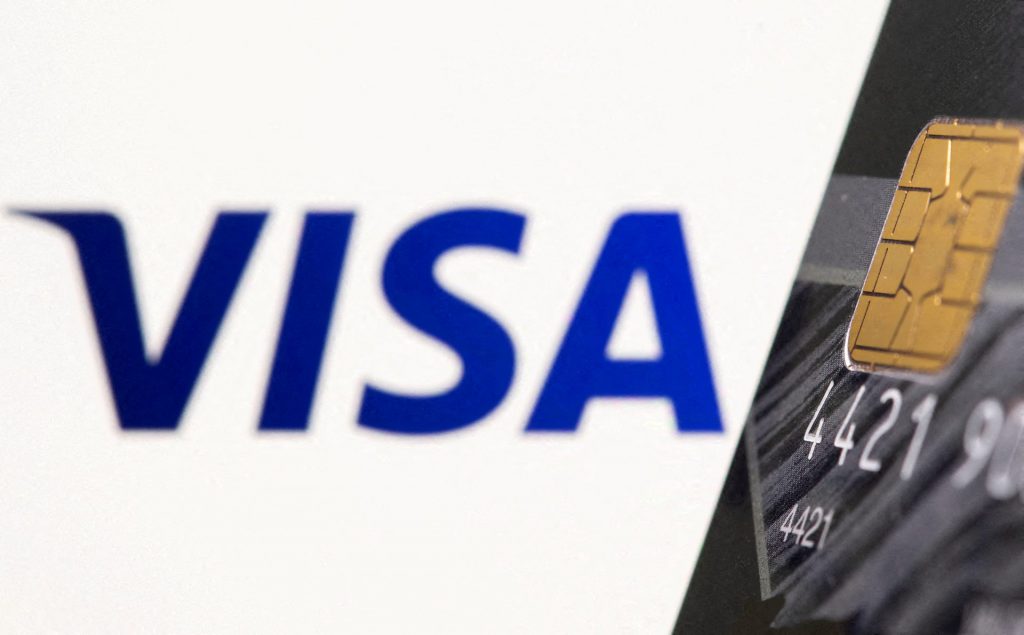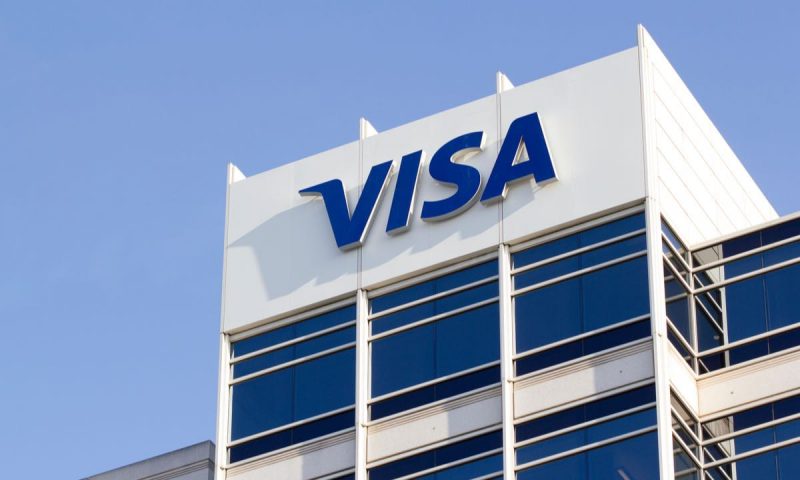The U.S. Department of Justice (DOJ) has launched an investigation into Visa in regard to its tokenization technology pricing methods. In particular, the investigation is related to the firm’s merchant fee policies for proprietary cardholder data protection technology.
The DOJ is currently looking into Visa’s practice of charging merchants additional fees if they choose not to utilize the company’s proprietary “tokenization” technology. Tokenization involves swapping out sensitive card information for less-usable tokens to increase payment security.
Also Read: Visa to Share CBDC Expertise with Azerbaijan Central Bank
These questions came to light more than two years after the DOJ first engaged Visa in an antitrust investigation. Moreover, Mastercard recently reached a settlement in a case identical to this one concerning its tokenization techniques. The Sherman Antitrust Act, a crucial statute against monopolistic behavior, has been a focus of the DOJ’s civil investigative demands this year.
More about Visa’s tokenization technology


Visa launched its tokenization initiative in 2014. The system replaces the 16-digit account number with a one-of-a-kind token that can only be accessed by the company. This aimed to protect cardholder data as it was transmitted between merchants and banks. Since its creation, Visa has issued over 4 billion tokens, to more than 13,000 merchants. Some of these merchants include Netflix, Microsoft, and Fitbit from Alphabet.
Due to its enhanced security features, Visa has offered merchants lower fees for implementing tokenization. Besides security, tokenization also helps with payments. Banks can update cards that have reached their expiration date. Moreover, customers don’t need to manually update them.
Also Read: CBDC: Brazil’s Central Bank Picks Visa, Microsoft & 12 Others for Pilot
The DOJ’s interest in tokenization has been rekindled as a result of recent fee adjustments made by Visa and its partners. For tokenized versus non-tokenized payments, there are differing rates for the adjustments. For instance, starting in April, the biggest of these businesses would pay USD 1.38 in card costs per USD 100 for conventional Visa credit card transactions for recurring charges.





